Highway to Health: Referral Management Paired with E-consults Delivering for Patients and Providers
The healthcare industry is facing a lot of challenges, like physician burnout, the high cost of care, a lack of insurance coverage, staffing problems, and a lack of adequate interactions between patients and providers, just to name a few. With the loads of technology and applications available, many providers still use fax machines as a mode of communication, making patient access to specialty care difficult and increasing the risk of compromising security. How can this problem be eradicated to increase first response, improve care transitions, and speed up the adoption of e-consults?
In this new episode of Highway to Health, a podcast by MarketScale, host David Kemp chatted with Brooke LeVasseur, the CEO of AristaMD, the best person to provide insight into these questions and talk about the delivery of e-consults for patients and providers.
At the start of the episode, Kemp asked LeVasseur about the habits she has adopted to maintain her physical and mental stability:
“For me, and I’ve struggled with this my whole life, every year I recommit to improving my sleep. Sleep is like the number one building block, and that’s an ongoing struggle for me, but I try to setup good routines for myself so that I’m getting solid, uninterrupted sleep. For stress relief, I’m really into athletic activities. I try to be outside, take walks, and my whole family is into surfing… I can’t get started until I get some sweat on, and that helps me stay sane and focused—it’s a lot of great benefit,” LeVasseur said.
Kemp and LeVasseur’s conversation included the following:
- Health equity
- E-consults: Other technologies patients can use other than a FaceTime experience
- What goes into care coordination and communication between PCPs and specialists
- Who has the biggest lever that could be used to speed up the adoption of digital platforms that improve outcomes.
“I think the technologies that have been effective in helping that problem are those that let physicians do what they are meant to do, which is treat patients and get more face-to-face patient time. Arista is focused on how we can get providers to not only do what they are trained to do but really to let everyone in the healthcare system operate at the top of their license, and sometimes you can best do that by giving them technology tools so that they are handling the most complex, acute cases that are appropriate for their licensure,” LeVasseur explained.
“Health equity really requires everyone to have access to affordable care and that they can get to that care in a timely fashion. If you are far away from providers, it’s a challenge for anyone living in those remote districts, but surprisingly, folks have huge access problems that lead to inequity in urban settings. Sometimes the barrier isn’t your location; it might be your health insurance. We see tons of Medicaid patients struggling to get care because specialists won’t see Medicaid patients,” she added.
Brooke LeVasseur is the CEO of AristaMD and has 20 years of leadership experience launching new, innovative healthcare products and solutions for payers and providers, including software and e-consult solutions. Throughout her career, LeVasseur has worked with numerous startups in a variety of capacities, including corporate and commercial strategy, marketing, and new business creation. She brings a wealth of experience drawn from executive roles at Thomson Reuters, Veracyte, and Sequenom, as well as an array of consultant roles at industry-leading investment and healthcare companies such as Kleiner Perkins Caufield & Byers, Versant Ventures, Illumina, Cypher Genomics, and GRAIL. She has led teams to successfully commercialize new, innovative healthcare tools and gain widespread clinician adoption and reimbursement. She holds a degree in English from Stanford University.




